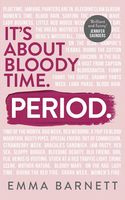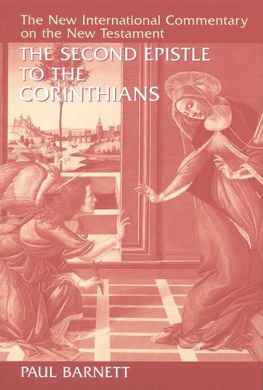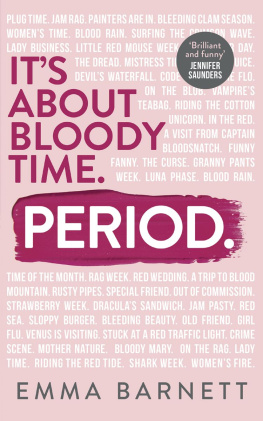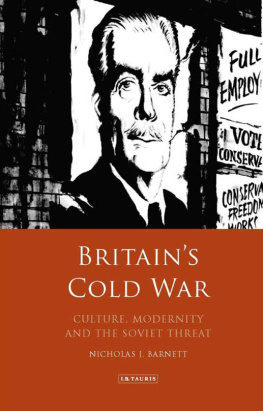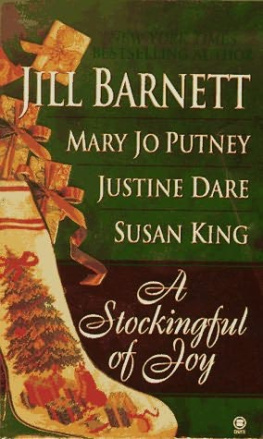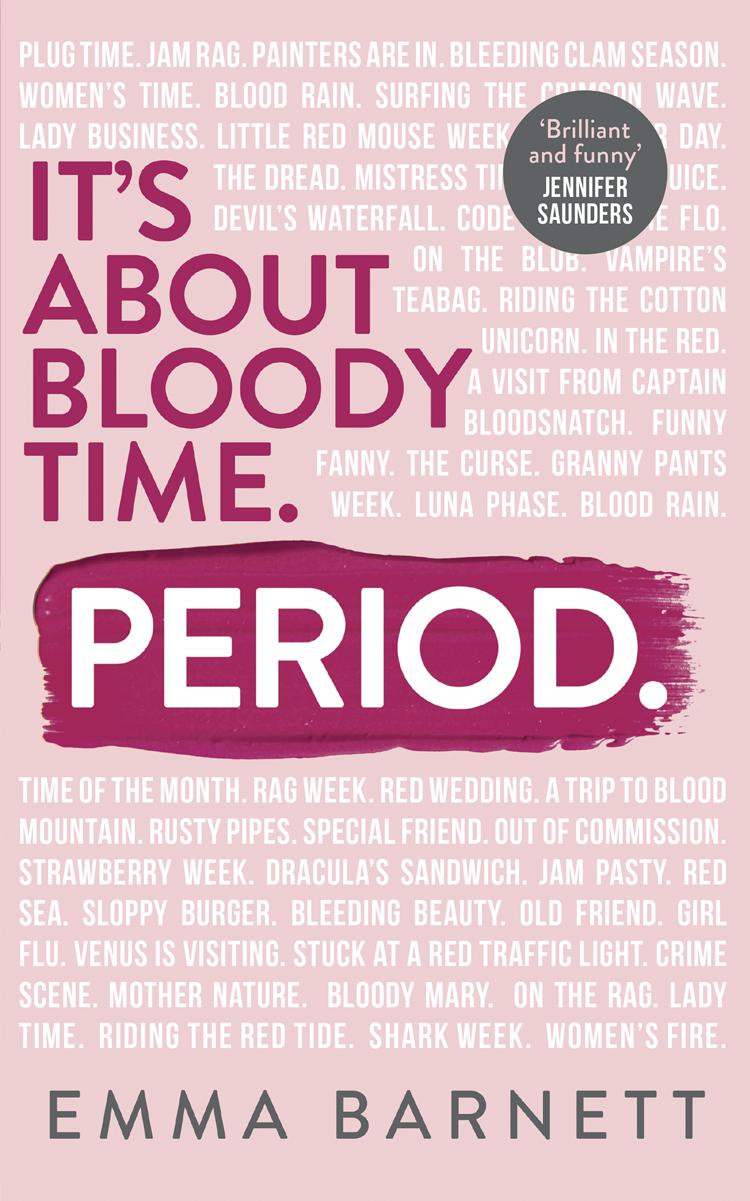
Copyright
HQ
An imprint of HarperCollinsPublishers Ltd
1 London Bridge Street
London SE1 9GF
First published in Great Britain by HQ,
an imprint of HarperCollinsPublishers Ltd 2019
Copyright Emma Barnett 2019
Emma Barnett asserts the moral right to be identified as the author of this work.
A catalogue copy of this book is available from the British Library.
Droplet image Shutterstock.com
All rights reserved under International and Pan-American Copyright Conventions. By payment of the required fees, you have been granted the non-exclusive, non-transferable right to access and read the text of this e-book on-screen. No part of this text may be reproduced, transmitted, down-loaded, decompiled, reverse engineered, or stored in or introduced into any information storage and retrieval system, in any form or by any means, whether electronic or mechanical, now known or hereinafter invented, without the express written permission of HarperCollins
Source ISBN: 9780008308070
Ebook Edition 2019 ISBN: 9780008308094
Version: 2019-08-23
Dedication
For my two boys
the best team I could wish for
Table of Contents
Women have been trained to speak softly and carry a lipstick. Those days are over.
Bella Abzug better known as Battling Bella, lawyer, activist and a leader of the US Womens Movement
I loathe my period. Really, I do. I cannot wait for the day it buggers off. For good. But shall I tell you what I loathe even more? Not being able to talk about it. Freely, funnily and honestly. Without women and men wrinkling their noses in disgust as if Id just pulled my tampon out, swung it in their face and offered it as an hors doeuvre.
Dont get me wrong I am grateful to my period too. A functioning menstrual cycle is, after all, one half of the reason we are all here in the first place and able to procreate, should we wish to. I may loathe the physical experience of my period but that doesnt mean I cant and wont fight for the right to converse about it without fear of embarrassed sniggers.
Periods really do lay serious claim to the label final taboo. But why, in the twenty-first century, are they still seen as disgusting and something a woman should endure peacefully, without fuss? This is despite most other off-limits topics losing their stigmas and coming into the light, helpfully driven by Generation Overshare. But the sight or sound of blood in pants? Dont be daft.
Most women dont even want to talk about them with each other because there is a deeply rooted idea they are a silent cross to bear, are vile and dont merit anything more than a passing mention.
From their very first bleed, this occurrence in womens pants has been treated by most people around them (female and male) as something to be quietly experienced and hidden away. Periods still have a whiff of Victorian England about them; a stiff upper lip is expected when it comes to whats really going on down below. And women have become so adroit at sparing mens blushes and shaming each other that they have either wittingly or unwittingly denied themselves the chance to talk about their periods, becoming weirdly active participants in the great global hush-up.
Yet, through my journalism and extremely painful personal experience over the last five years, it slowly started to dawn on me that, although on the surface there is a reticence to discuss periods, theres actually a shy hunger to do so underneath, which, when prodded, gives way to some of the most extraordinary tales.
Periods have literally followed me around my whole life. I found myself to be one of the few schoolgirls happy to chat about the red stuff a taboo I continued to enjoy breaking as I headed into adulthood much to the chagrin and bemusement of those around me. Little did I know I would become the first person in the UK to announce they were menstruating on live television news; that my undiagnosed period condition endometriosis would nearly cost me my chance at motherhood; and that I would be secretly shooting up hormones ahead of one of the biggest political interviews of my career. I hope that on these pages I can bring these narratives together, make some sense of them, and crucially offer some hope, solace and wisdom to women about their periods served up with a healthy dollop of humour and honesty.
The silence and public attitudes towards periods hold women back often without us realising it.
Unlike pregnancy and childbirth, periods, the only other bodily process reserved exclusively for women, present no ostensible upside for the male species. Men get nada out of our periods (except, you know, the future of mankind secured).
Plus, if we cant bring ourselves to think our periods merit anything more than a passing lame joke or occasional grumble, it doesnt require a huge leap of imagination to figure out how many men feel about them, if they consider them at all. Horrified. Appalled. Almost insulted. Even the most enlightened man would probably prefer for women to deal with them without breathing a word. And can you blame them? Most of us do everything we can to hide the horror in our knickers, even struggling to talk about periods amongst ourselves.
Men are never going to be the ones leading the charge to stop periods being treated as gross, difficult events. Its down to us women to proudly step out of the shadows and not give two hoots about what men think. Its not going to be easy, and women have to get used to not being everyones cup of tea. We must ignore the men and women who would rather we stayed quiet and ladylike about our periods.
Women censoring themselves from talking about their periods is the final hangover from a time which demanded that we should be seen and not heard; always happy and never complaining; pure and never sullied. Its ludicrous that women remain slightly horrified by something so natural. These women are actively impeding their own ascent to equality with men, for whom nothing is off limits. Yes, women living in Western countries have equality enshrined in the law and yet, we still arent fully equal. No longer are we confined to a special biblical red tent; were in your boardrooms, your armoured tanks and were even running a few countries. But we still arent equal to men in terms of power, public office and, most damagingly, the way we are perceived.
By allowing periods to remain a taboo, women are imprisoning themselves. Even more worryingly, its contagious. Girls (and boys) already suffer with low self-esteem and thats only getting worse in the social media era. When it comes to simple bodily functions, the least we can do is remove a stigma that has damaging consequences on half of the worlds population. Many women already judge themselves to be less than men or suffer with imposter syndrome. If we then conceal something that happens one week of every month (often longer) we are unconsciously turning our periods into a form of disability, as well as failing to confront negative myths and damaging how we view ourselves.

